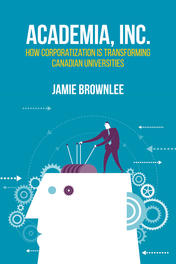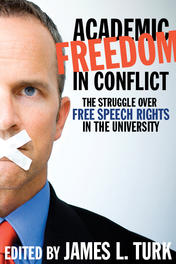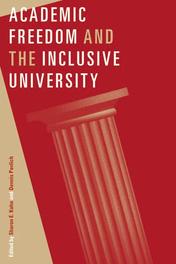
For a couple of seconds, I bucked and danced at the end of my line. I was like a rag doll shaken by a giant.
Was it a great white shark, twisting and turning me from side to side, like a bulldog with a rat in its jaws?
I couldn't see what was happening. It was dark, and air bubbles kept exploding around my face mask.
Don't panic! I told myself. Don't panic!
I tried to think it through. I didn't feel razor-sharp teeth cutting through my wet suit. So it wasn't a shark.
Don't panic. Don't panic.


1 / Yelena and her doctor had terrible news. The ultrasound and the blood test done at eleven weeks had revealed both Down syndrome and a possible heart defect in the fetus. More conclusive testing could be done, but the results were fairly certain. Atypical cell division in either the sperm or the egg meant this was either my fault or hers, our individual culpability impossible to discern. The child, a girl, would have some degree of mental retardation, the possibility of childhood leukemia, and the possibility of abnormalities in the immune and gastrointestinal systems, dementia, and seizures. She would develop a flattened face, a small head and a short neck. A team of professionals would be required, among them a pediatric cardiologist, a developmental pediatrician, physical and occupational therapists and neurologists. All of this, as explained by the doctor and through subsequent research, for a child which, with Yelena over forty years old and both of us only one year into our marriage, was unplanned. Yelena declared that she might want the pregnancy terminated as her doctor has encouraged her to do. / This announcement came on the same day that my mother called to inform me of what should have been, by comparison, the almost inconsequential news that my father, who I had not seen since I was a child, has died of cancer in Ecuador—a pronouncement that made me feel more of a sense of loss than I should have, and more than I imagined I was capable of feeling for this man who I have not seen in decades, who abandoned me from an early age and who left my mother early on in their marriage before the onset of her constant drinking, for reasons largely unknown to my mother and, by extension, myself. / “Giving a child up for adoption is easy,” I explain one evening during a candle-lit dinner of confit de canard, roasted potatoes with garlic, and dark Pommard wine—a wine Yelena drank, but as I do not drink, I never touch, a wine smelling fruity and floral and, she says, tasting of minerals that are heady on the tongue. I have no experience with adoption and therefore have no justification to make my claim. Additionally, I could never imagine myself giving my child away to anyone. But still, I am of the opinion that I need to convince her of its veracity in order to see our child born into the world. / She looks down and shakes her head sullenly. “I will become too attached,” she says in her characteristically slow and strained, but still forceful, Russian-inflected English. Lowering her fork onto her plate, she adds: “I will not be able to just hand it over to a stranger when it’s born.” / “That doesn’t make any sense,” I reply, without explaining the obvious contradiction between this statement and the announcement she had made earlier. “Let yourself be attached to it.” / At that moment, I realize that the last sentence she spoke was uttered with an odd, even slightly vigorous conviction. / I plead further but she will not listen, choosing instead to rationalize and justify, finishing her wine and then rolling the dark stained cork around on the table as she alludes to the mediocre and inferior life the child will have, and the burden the child will place upon us for the duration of our lives. She speaks of the special schools in which the child will need to be enrolled, and the ongoing cost of institutions once the child becomes an adult. She feels pressured by her doctor to decide now, in order to avoid medical risks that he said will be associated with a late termination.







